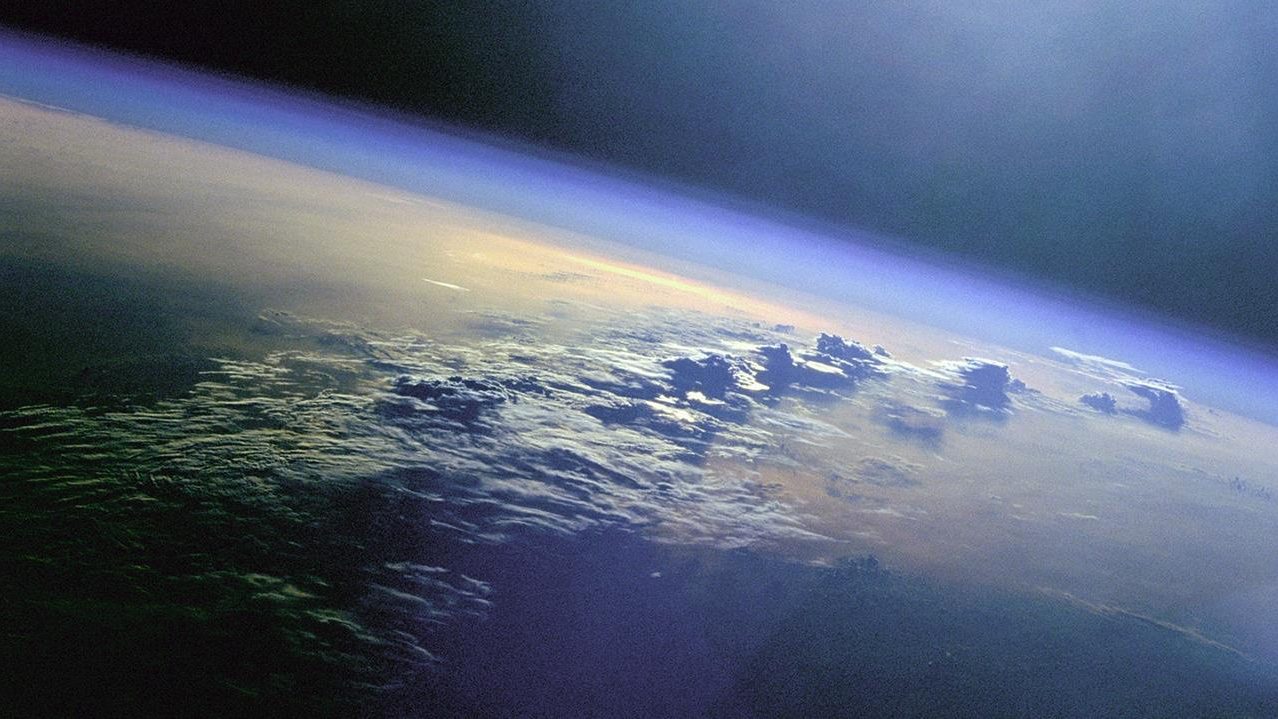Giant Dust Particles From The Sahara Desert Found In Atmosphere In The Caribbean Region

Giant dust particles scattered around the world could be adding to global warming, warns a UK study released today in Science Advances.
The dust droplets from the Sahara desert encountered up to 3,500 kilometers far away in the Caribbean were almost 50 fold bigger than it would have been feasible for researchers to carry, the authors of the study, from the University of Reading, pointed out.
To come up with that theory, scientists gathered Sahara dust from floating buoys and undersea sedimentation pits in five places across the Atlantic Ocean from 2013 to 2016.
Before this study, the scientists believed that the size of particles in this cloud varied between 0.01 and 0.02 millimeters in diameter. The researchers now discovered giant dust particles of up to 0.45 in the Caribbean region. According to the scientists, that implies that the part played by these large particles of dust, mainly quartz, both in cloud formation and in the carbon cycle in the oceans, has been greatly underrated.
Giant Dust Particles From The Sahara Desert Found In Atmosphere In The Caribbean Regin
As the study’s co-author Giles Harrison reported, these giant dust particles emerge from the Sahara desert and are traveling across continents, and most of us are familiar with this Saharan dust when it ends up deposited on cars or results in the orange skies we’re frequently witnessing.
But, according to the existing theories, such giant dust particles can’t fly into the atmosphere at such vast distances, and that indicates the presence of an atmospheric process or a mixture of processes, yet unknown, but able to hold the dust particulates into the air, as Harrison stated.
The discovery of giant dust particles that float in the air for an extended period is regarded as in contradiction with the laws of gravity, according to the study’s leading author, Michele van der Does. “We show that through a mixture of forces and movements in the air, large dust granules can remain longer,” Van der Does concluded.
0 comments